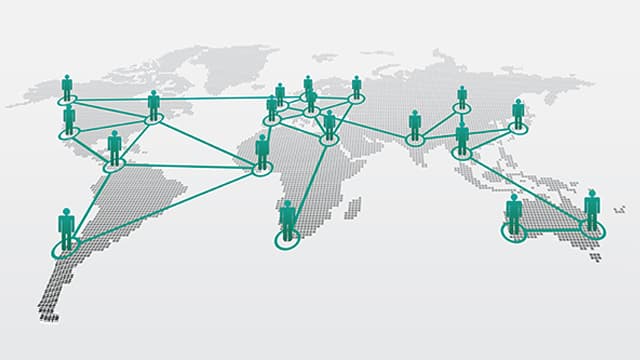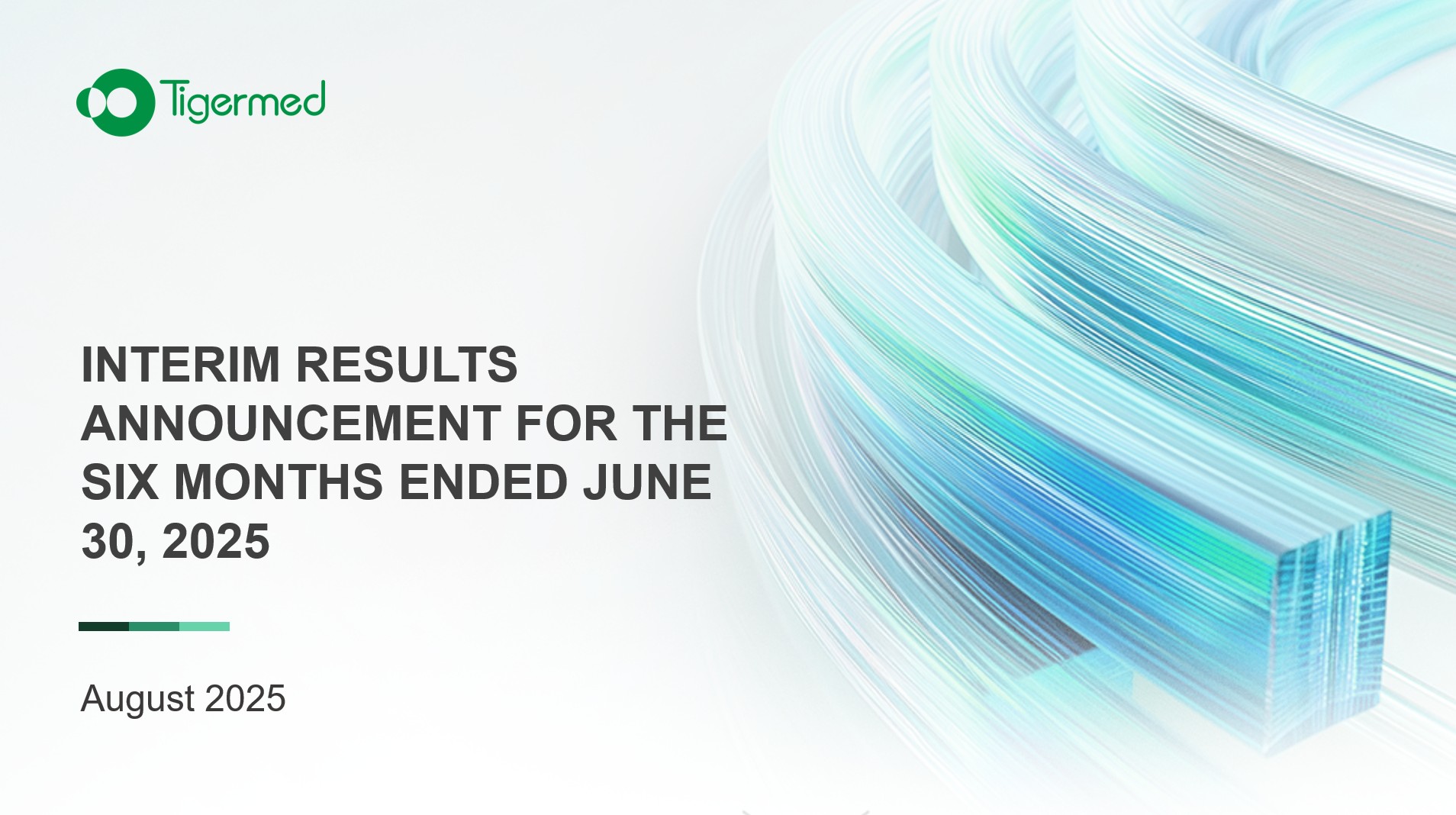China Authority is Taking Initiatives to Enhance its Drug Administration Capabilities
Jianqing Chang, Vice President of Drug Regulatory Policy, Tigermed
Recently, The General Office of the State Council issued a document titled “Implementation Opinions on Comprehensively Strengthening the Capacity Building of Drug Administration”. Its stated objective is to improve the capabilities of scientific, legalized, international, and modernized drug administration, and to promote the healthy growth of the China’s pharmaceutical industry and better meet China’s medical needs.
The document outlines 18 major tasks. Below are some of the main points:
- Improve the system of laws and regulations. Speed up their formulation and revision and advance technical guidelines in an orderly manner.
-
- Improve standard administration capabilities. The government, drug companies, and other stakeholders should accelerate the improvement of working mechanisms, implement the national drug standard upgrade action plan. Actively coordinate international standards.
-
- Increase technical review capabilities. Integrate existing regulatory resources. Optimize the review and inspection of institutions such as traditional Chinese medicine and biological products (vaccines). Optimize the R&D and review of emergency and innovative drugs and medical devices. Apply new technologies. Research and develop new products. Grant the expert advisory committee full authority to conduct and review the decision-making process, disclose expert opinions, and review conclusions and reports in accordance with the law. Optimize communication channels. Increase the frequency of communication about innovative drugs and medical devices. Improve technical guidance and services for applicants. Streamline systems for the import of overseas drugs with urgent medical needs. Establish a national drug toxicology research system to detect and control hazardous substances in drugs.
-
- Improve the inspection and enforcement system. Implement professional drug inspector resources and an inspector team system that comprehensively meets the needs of drug administration.
-
- Facilitate the digital management of the entire drug life cycle. Increase efforts to implement big data in regulating drugs, medical devices and cosmetics. Increase data collection capabilities, risk assessment, and information sharing from the laboratory to the end user. Improve the archiving system for drugs, medical devices and cosmetic products archives. Optimize the utilization of relevant data from authorities, industry organizations, enterprises, and third-party platforms. Use big data to research key common technologies and applications and facilitate digital upgrades.
-
- Raise the service standards of the “Internet + Drug Administration” system. Integrate Industrial Internetin the administration of vaccines, blood products, and special drugs. Improve the eCTD system for the regulation of drugs and medical devices. Promote the digitalization of the review, approval, and certification process.
-
- Implement China’s scientific drug administration plan. Stay up-to-date on all current drug regulatory knowledge. Bolster regulatory policy research. Consult universities and other research institutions on drug regulatory research standards. Accelerate the research and application of new regulatory tools, standards, and methods. Incorporate scientific drug regulatory research to relevant national science and technology plans. Support regulatory scientific research in the fields of traditional Chinese medicine, biological products (vaccines), gene medicine, cell medicine, artificial intelligence medical devices, new medical device materials, and cosmetic raw materials. Accelerate the market authorization of new products.
-
- Upgrade the level of internationalized administration. To stay apace with globalization, engage deeply in the international regulatory joint efforts for Actively participate in the formulation of international rules. Facilitate the exchange and cooperation with the drug authorities of the major trading countries and regions and key countries and regions of the Belt and Road Initiative. Take key products and areas as pilot to push forward the mutual recognition of administration. Learn from the international community how to improve the national drug administration quality management system. Encourage provincial-level drug administration capabilities. Encourage the Beijing-Tianjin-Hebei area, the Guangdong-Hong Kong-Macao Greater Bay Area, the Yangtze River Delta and other regions to adopt international standards of drug administration.
-
- There are other important tasks are specified, such as to optimize the review process for traditional Chinese medicines, crack down on illegal and criminal acts of drugs, especially vaccines, increase lab testing capabilities,establish a national pharmacovigilance system, formulate good pharmacovigilance practices, improve emergency management and information traceability systems.
The importance of the “Implementation Opinions on Comprehensively Strengthening the Capacity Building of Drug Administration” was also addressed by the speech given by Mr. Xu Jinghe, the Deputy Commissioner of National Medical Products Administration in the 2021 DIA China Meeting from May 20th – 23rd in Suzhou. Mr Xu also said, “The National Medical Products Administration sees the internationalization of drug administration as an important pathway to strengthening the pharmaceutical industry and promote modern international scientific and legal processes of drug administration. For drug administration, innovation is the key, as it makes the system more capable and efficient.”








